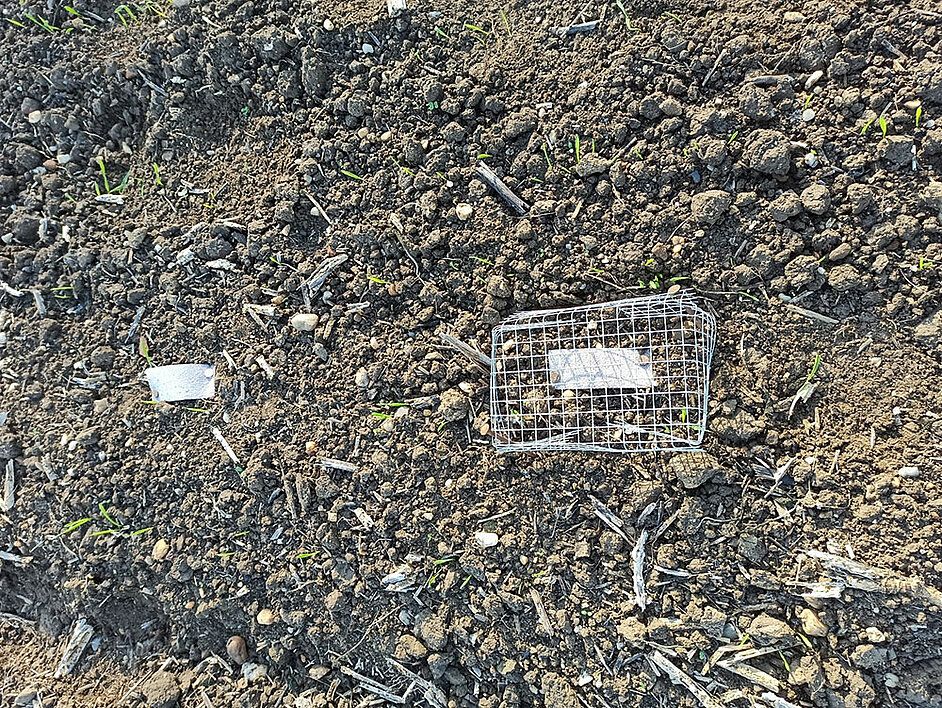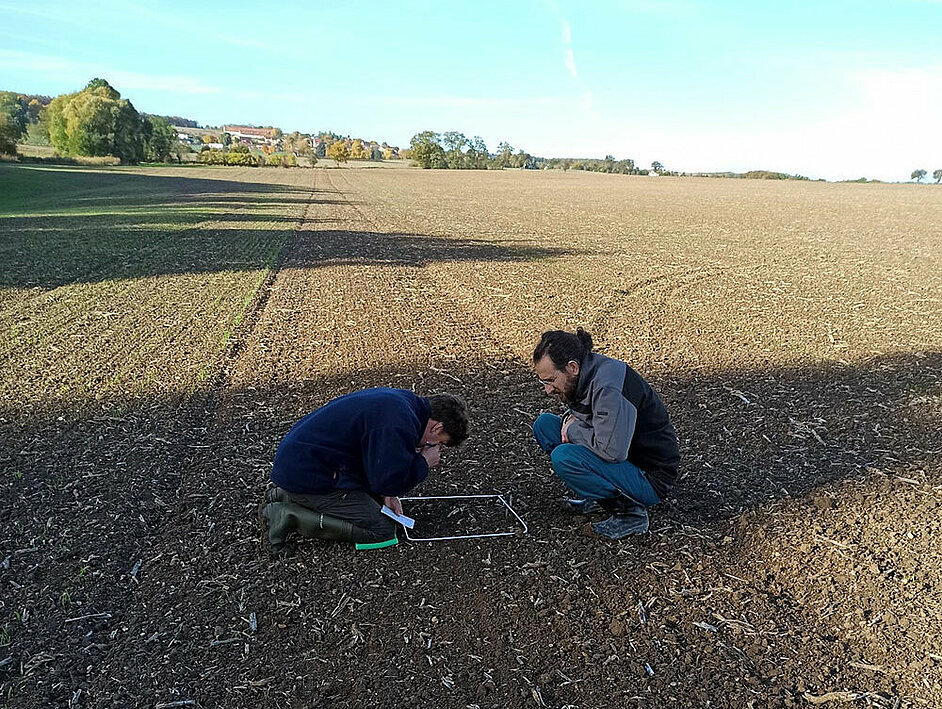News from the ConservES project – Fieldwork started
In March 2023, the European project ‘ConservES’ was launched.
This three-year project aims to encourage collaboration between different stakeholders from agriculture, economy, science, politics and the general public to implement beneficial actions for biodiversity, in particular natural enemies and pollinators. In each participating country a Living Lab was set up to involve these stakeholders in the research and innovation process. The next steps were taken last autumn.
During the second workshop of each Living Lab, the participants and the involved farmers met to discuss the implementation of the flowering strips, the methodology of the field experiment, as well as questions to the research protocols.
As part of the German Living Lab, participants developed a guideline for sowing flower strips to achieve the best emergence of the seed mixture. Aspects discussed included seedbed preparation, sowing method and timing. In the Czech Republic, where the flower strips had been sown before the workshop, the participants discussed the differences in germination of the plant species in different locations. Some locations were affected by severe drought, so the seeds did not germinate well. All the flower strips will be inspected after the winter to decide if they need to be reseeded.
Fieldwork started
Once the flower strips had been sown, the first session of fieldwork began. In all participating countries and regions, research teams went out into the fields to assess the composition of the vegetation, record aphids and parasitism and set up pitfall traps to sample ground active predators such as carabid beetles, spiders and rove beetles, as well as snails and slugs.




